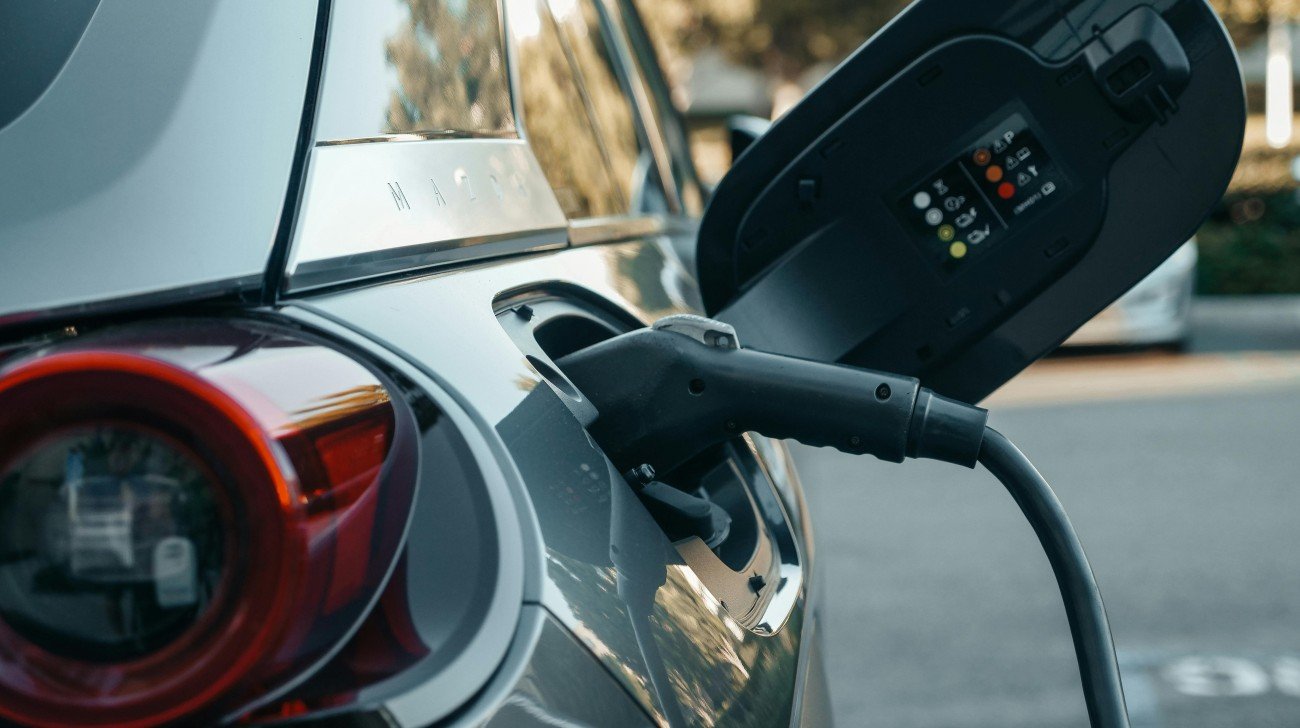
There are new BIS safety standards for electric vehicles under the L, M, and N categories which aim to improve safety. According to the ministry, these standards are vital for the addition of momentum to India’s drive toward a more sustainable, eco-friendly, and efficient transport system.
The Ministry of Consumer Affairs, Food & Public Distribution said in an official release, “Standardization of these critical components of the electric vehicles – the powertrain- has been done so it meets strict requirements of safety. It seems to be also ensuring the safety and performance-related requirements of the battery are potent yet safe.” Since electric vehicles have come out of the precincts of conventional cars and trucks, BIS has introduced IS 18294:2023. The new standard would establish safety benchmarks for e-rickshaws and E-Karts, providing that the vehicles be constructed and run safely for drivers and passengers.
Extra space between two lines The Bureau of Indian Standards works under the Department of Consumer Affairs, Ministry of Consumer Affairs, Food & Public Distribution, and is India’s National Standards Body. Apart from this, BIS has a significant contribution to formulating, recognizing, and promoting Indian Standards. Apart from that, it assists industries in the enhancement of quality of their products and services, and overall for the improvement of the entire industry.
The New Guidelines in Detail
1. Powertrain Safety: The new standards have a robust setting for the safety requirement of the powertrain; an EV’s most critical component. Considering that in a powertrain, these guidelines assure reliability and safety of EVs for everyday applications.
2. Battery Performance and Safety: The guidelines ensure that EV batteries are powerful yet safe. Hence, it is along this fact that the battery quality takes center stage in both performances as well as the safety of electric cars.
3. Special Safety Standards for E-Rickshaws and E-Karts: Given their growing number, BIS has introduced dedicated standards for both E-Rickshaws and E-Karts. The IS 18294: 2023 standard will ensure the construction of these modes of transportation is safe for the drivers or owners and their passengers.

Impact on EV Industry
The introduction of these guidelines is therefore a step forward for the EV industry in India. BIS gives consumer confidence in EVs by instituting rigorous standards of safety and performance that electric vehicles must adhere to. This will likely increase the adoption of EVs, thereby greatly reducing carbon emissions and promoting environmental sustainability.
What BIS did to Promote Quality
Setting standards is not the only responsibility of BIS; it also plays a vital role in propaganda, helping upgradation of the quality of products and services in any given industry. Its dual role is to ensure the continuance of Indian industries to be competitive and be at par with the international standards of quality and safety.
Conclusion
The new safety standards that BIS brings in can have the potency to bring a revolution in the electric vehicle landscape of India. It has based its major requirements on the powertrain, battery, and also set e-rickshaws and E-Karts with particular standards to make sure this happens in an organized way. As India gradually steps into a sustainable future, these standards will be the fulcrum that shapes this vital component of transport.
Top of Form


